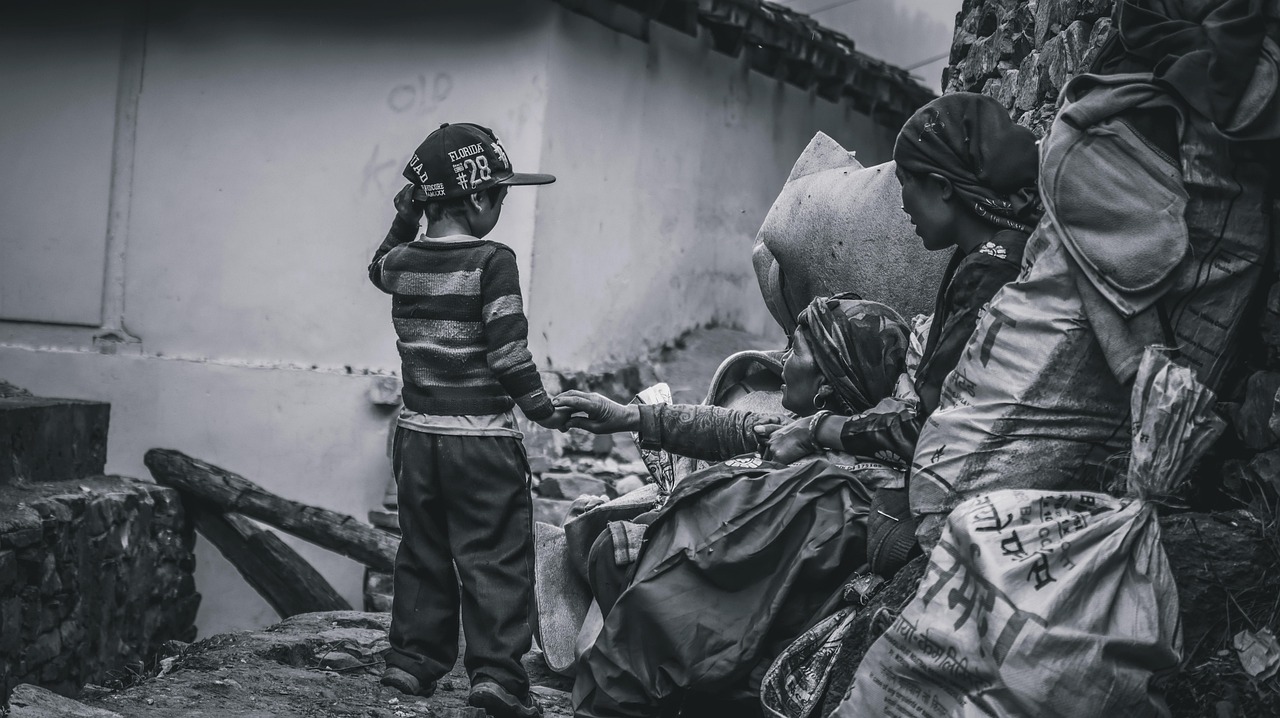Context
Since April 2023, Sudan has faced a catastrophic humanitarian crisis as conflict has displaced over 11 million people, making it the country with the largest internally displaced population and the biggest child displacement crisis globally, according to the United Nations. The ongoing violence has severely impacted education, with schools being destroyed, repurposed as emergency shelters, and teachers going unpaid. As a result, millions of children have had their learning disrupted, further exacerbating an already fragile education system.
Despite these challenges, efforts to reopen schools in areas where conflict has subsided offer a glimmer of hope. However, restoring education in Sudan requires urgent intervention to address learning loss, improve school infrastructure, and provide direct support to students and teachers.
Solution
To tackle the education crisis, the Sudan Primary Education Emergency Support Project has been launched with a $41.9 million investment from the Global Partnership for Education (GPE) and implementation by UNICEF. This initiative aims to provide immediate and long-term support to Sudan's education sector by:
- Supporting 3,000 schools through school grants to improve learning environments and operational capacity.
- Ensuring learning continuity for nearly 4 million primary school children through remedial programs and remote learning solutions to mitigate learning loss.
- Providing socio-emotional wellness support to help students cope with the psychological effects of displacement and conflict.
- Strengthening school management and governance to enhance institutional capacity and resilience.
- Targeting the most vulnerable children, particularly girls and displaced students, to ensure equitable access to education.
The project aligns with the World Bank Strategy for Fragility, Conflict, and Violence (FCV) 2020-2025, emphasizing the need to protect human capital, maintain service delivery, and strengthen institutions despite ongoing conflict.
Impact
This intervention marks a critical step toward stabilizing Sudan’s education system, ensuring that even amid conflict, children can continue learning and build a better future for themselves and their communities. By directly supporting millions of students, teachers, and schools, the initiative is expected to:
- Prevent further learning loss and help students regain essential literacy and numeracy skills.
- Improve school functionality by providing financial and structural support, ensuring schools can operate safely and effectively.
- Enhance resilience in the education sector by strengthening school management and governance.
- Address socio-emotional needs by integrating mental health and well-being programs into education efforts.
This initiative is part of a broader commitment by the World Bank to support Sudan through the Sudan Somoud - Enhancing Community Resilience Project ($130 million), reinforcing the urgency of preserving the education system amidst crisis.












